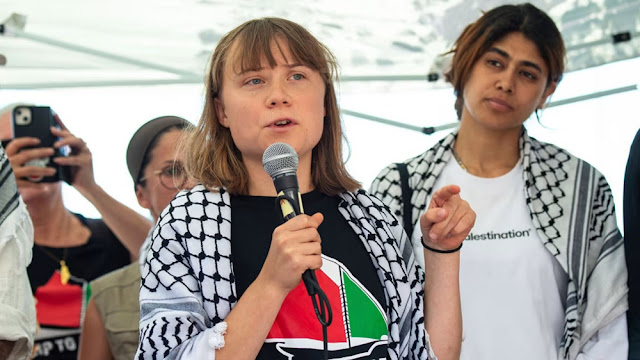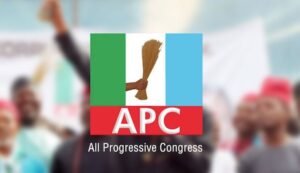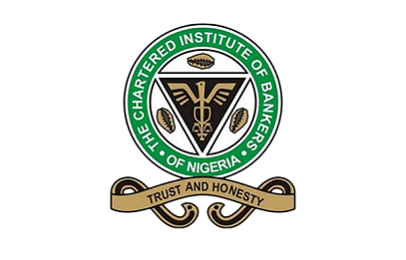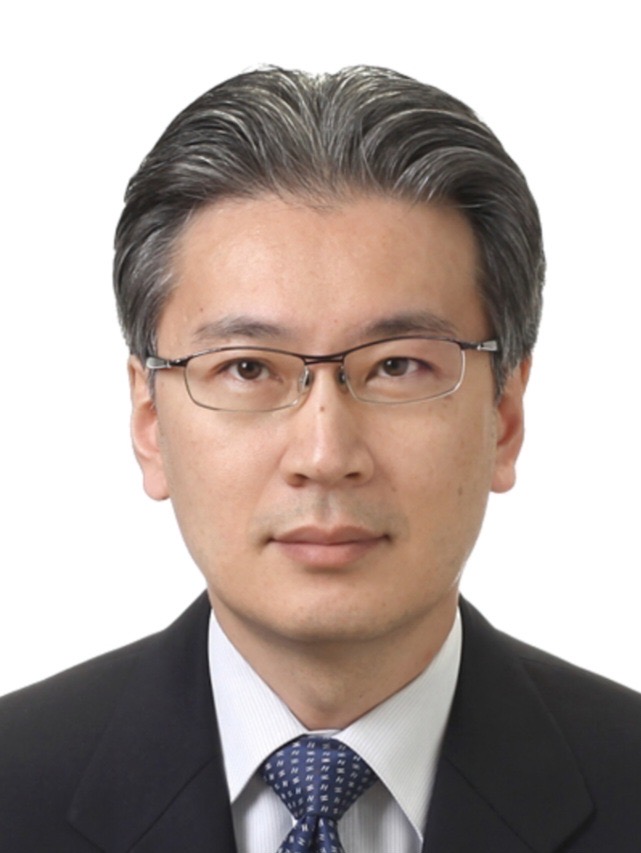In a robust defense of its governance approach, the Federal Government of Nigeria, under President Bola Ahmed Tinubu, has reaffirmed its commitment to equitable allocation of projects, appointments, and opportunities across the country’s six geopolitical zones. This statement comes in response to growing speculation and allegations of sectional bias in the distribution of federal resources, which the government has dismissed as baseless and driven by misinformation. Minister of Information and National Orientation, Mohammed Idris, issued a detailed statement on Sunday, emphasizing that verifiable data clearly demonstrates the administration’s dedication to balanced development and inclusivity, ensuring no region is marginalized.
A Commitment to Balanced Development
According to Idris, President Tinubu’s administration has, since its inception, prioritized fairness and inclusivity in its developmental agenda. The Minister highlighted the administration’s extensive infrastructure projects, spanning roads, bridges, railways, and power initiatives, which are being implemented concurrently across Nigeria’s diverse regions. These projects, he argued, reflect Tinubu’s vision of fostering national unity through equitable resource allocation.
To illustrate this commitment, Idris pointed to two flagship infrastructure projects: the Lagos–Calabar Coastal Highway in the South and the Sokoto–Badagry Superhighway in the North. These initiatives, he noted, exemplify the administration’s balanced approach to addressing the infrastructure needs of both southern and northern regions. According to data provided by the Minister, 52% of all federal road projects currently underway are located in the North, while 48% are situated in the South. This near-parity in project distribution underscores the government’s efforts to ensure no region is left behind.
Regional Breakdown of Federal Investments
The Minister provided a detailed breakdown of federal project approvals to further dispel claims of regional favoritism. The Northwest geopolitical zone has received the highest allocation, with ₦5.97 trillion in approved projects, accounting for over 40% of total federal interventions. The South-South follows with ₦2.41 trillion, while the North Central zone has been allocated ₦1.13 trillion. The South West, excluding Lagos, has received ₦604 billion, the South East ₦407 billion, and the North East ₦400 billion.
These figures, according to Idris, demonstrate that the Tinubu administration has prioritized investments based on regional needs and strategic importance rather than political or sectional considerations. The substantial allocation to the Northwest, for instance, reflects the region’s large population and vast landmass, which necessitate significant infrastructure development to drive economic growth and improve living standards.
In addition to road projects, the administration has committed ₦250 billion to light rail initiatives in Lagos, Ogun, Kano, and Kaduna, further showcasing its focus on improving transportation infrastructure across both southern and northern states. Other notable efforts include the rehabilitation of over 1,000 primary healthcare centers nationwide and the revitalization of the Eastern rail corridor from Port Harcourt to Maiduguri. These initiatives are projected to create over 250,000 jobs, providing economic opportunities for Nigerians across all regions.
Strategic Investments in Lagos and Abuja
The Presidency has also addressed criticisms regarding the significant investments allocated to Lagos and Abuja, which some have claimed reflect favoritism. Special Adviser to the President on Information and Strategy, Bayo Onanuga, and Special Adviser on Media and Public Communication, Dare Sunday, both emphasized that the prominence of these cities in federal allocations is driven by necessity rather than privilege.
Lagos, with a population exceeding 23 million, is Nigeria’s commercial and economic hub, serving as a critical driver of the nation’s economy. Abuja, the Federal Capital Territory, is not only the seat of government but also a rapidly growing city projected to reach a population of 7 million by 2030. Both cities, according to Dare, are ethnic and cultural melting pots that bear significant service demands unmatched by any other part of the country. Neglecting infrastructure in these areas, he argued, would have severe repercussions for Nigeria’s economy and governance.
Dare likened the strategic importance of Lagos and Abuja to global economic hubs such as New York in the United States and Johannesburg in South Africa, which receive substantial federal attention due to their critical roles in their respective nations. He stressed that investments in these cities are not merely regional but have national implications, as they support Nigeria’s economic stability and diplomatic functions.
Northern Nigeria’s Infrastructure Boom
To counter claims of marginalization, the Presidency highlighted several major infrastructure projects in Northern Nigeria, which it described as some of the largest in the country’s history. These include the dualization of the Abuja–Kano Expressway, the ₦12.1 trillion Sokoto–Badagry Superhighway, the Kano–Maradi Railway, the Zungeru–Kano Power Line, inland dry ports in Funtua and Bauchi, and extensive airport upgrades in Katsina, Maiduguri, and Kaduna. Additionally, billions of naira are being channeled into river basins, irrigation networks, and agro-processing zones across the North, further demonstrating the administration’s commitment to the region’s development.
These projects, according to Dare, are designed to boost economic activity, improve connectivity, and enhance agricultural productivity in the North, which has historically faced challenges related to infrastructure deficits and economic underdevelopment. The focus on agro-processing zones, in particular, aligns with the administration’s broader goal of promoting food security and economic diversification.
Federal Appointments and Regional Development Commissions
Beyond infrastructure, the Tinubu administration has also prioritized equitable representation in federal appointments. Idris noted that competent Nigerians from all geopolitical zones have been appointed to key positions, reflecting the President’s commitment to inclusivity. This approach, he argued, ensures that diverse perspectives are incorporated into the governance process, fostering national unity and cohesion.
The creation of five new Regional Development Commissions and the establishment of the Federal Ministry of Livestock Development were cited as further evidence of the administration’s determination to address Nigeria’s varied developmental challenges. These commissions are tasked with coordinating development efforts in their respective regions, ensuring that local needs are met through targeted interventions. The Ministry of Livestock Development, meanwhile, aims to address longstanding issues in the agricultural sector, particularly in the North, where pastoralism plays a significant role in the economy.
Response to Media Criticism
The Presidency’s defense of its equitable allocation policies was accompanied by a sharp rebuke of what it described as biased and agenda-driven reporting by certain media outlets, particularly the Daily Trust newspaper. Bayo Onanuga accused the publication of deliberately distorting facts to serve a parochial agenda, citing its controversial coverage of the Samoa Agreement as a prime example. According to Onanuga, the newspaper inflamed religious passions with fabricated narratives and has continued to recycle falsehoods, such as recent claims of project imbalances favoring certain regions.
Onanuga urged Nigerians to reject such “agenda-driven journalism” and demand reporting grounded in integrity and accuracy. He emphasized that “facts are stubborn and will always triumph over deliberate deception,” calling on media outlets to present data-driven and context-sensitive reports to foster informed public debate.
Dare Sunday echoed these sentiments, specifically addressing headlines suggesting that Lagos had received ₦3.9 trillion in federal projects over two years. He clarified that such figures were misleading without proper context, as they failed to account for the strategic importance of Lagos and the broader national implications of investments in the city. He encouraged media outlets to provide inflation-adjusted, population-sensitive allocation data dating back to 2010 to ensure transparency and fairness in reporting.
Linking Allocations to Long-Term Policy Frameworks
The Presidency also situated its current allocation policies within the context of long-term national development frameworks. Dare highlighted the Economic Recovery and Growth Plan (2017–2020), the Economic Sustainability Plan (2020), the National Development Plan (2021–2025), and the forthcoming Renewed Hope Plan (2026–2030) as guiding frameworks for the administration’s investments. These plans, he argued, prioritize strategic investments that address Nigeria’s most pressing developmental challenges while promoting sustainable economic growth.
By aligning current projects with these frameworks, the administration aims to ensure continuity and coherence in its development agenda. The focus on infrastructure, healthcare, and economic diversification reflects a forward-looking approach designed to position Nigeria for long-term prosperity.
The Broader Implications of Equitable Development
The Tinubu administration’s emphasis on equitable development carries significant implications for Nigeria’s future. By addressing infrastructure deficits, creating jobs, and promoting regional inclusivity, the government aims to reduce disparities between regions and foster a sense of national unity. The substantial investments in both urban centers like Lagos and Abuja and rural areas in the North and other regions demonstrate a recognition of the diverse needs and challenges facing Nigeria’s population.
Moreover, the administration’s focus on job creation through infrastructure projects is a critical step toward addressing unemployment, which remains a major challenge in Nigeria. The projected 250,000 jobs from ongoing initiatives will provide opportunities for young Nigerians, helping to curb youth restiveness and promote economic stability.
The creation of Regional Development Commissions and the Ministry of Livestock Development also signals a shift toward more decentralized and region-specific development strategies. By empowering regions to address their unique challenges, the administration is laying the groundwork for sustainable, inclusive growth that benefits all Nigerians.
Conclusion
In conclusion, the Tinubu administration has mounted a vigorous defense of its equitable allocation of projects, appointments, and opportunities across Nigeria’s six geopolitical zones. Through detailed data and examples, the government has sought to dispel allegations of sectional bias, emphasizing its commitment to balanced development and inclusivity. Major infrastructure projects, strategic investments in Lagos and Abuja, and targeted interventions in the North and other regions underscore the administration’s pragmatic and fair approach to governance.
The Presidency’s sharp criticism of biased media reporting reflects its determination to counter misinformation and promote transparency in public discourse. By aligning its policies with long-term development frameworks and prioritizing job creation and regional inclusivity, the Tinubu administration is working to build a stronger, more united Nigeria. As the government continues to implement its ambitious agenda, it remains to be seen how these efforts will translate into tangible improvements in the lives of Nigerians across all regions.






